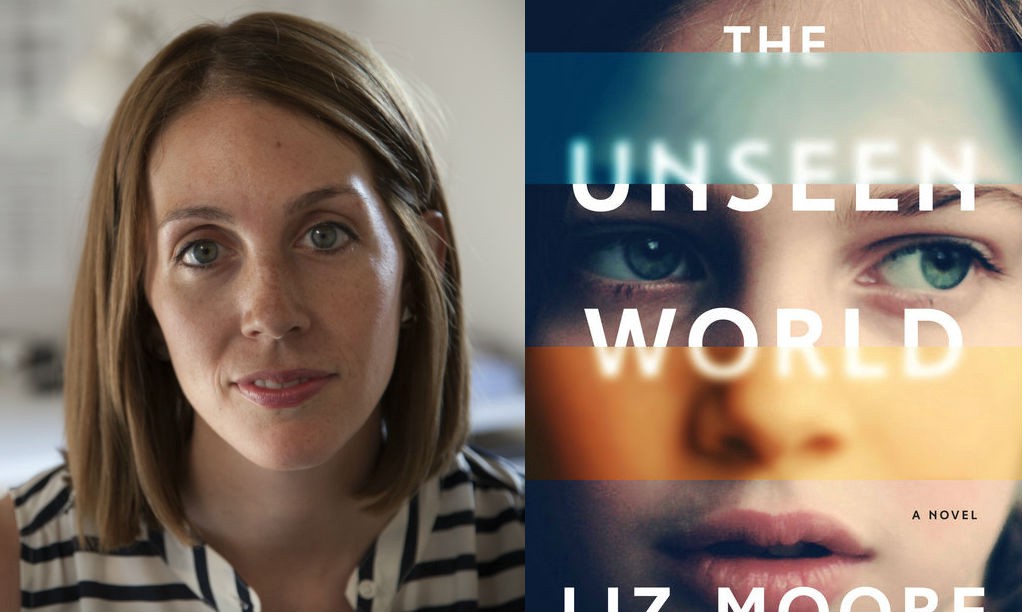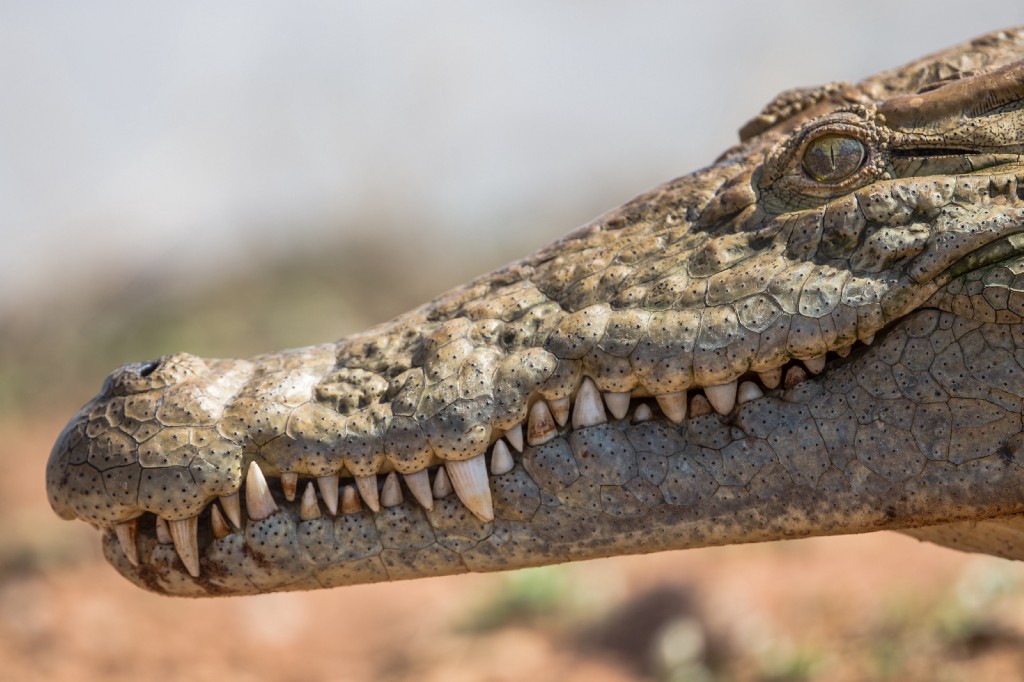Craft
Canaries
Fiction by Swati Prasad

Canaries
Past the lip of the water, past those first shallow crests, we walk the canoe until our next step finds us wet to the waist. Even with the clouds obscuring what was supposed to be a harvest moon, there’s no way to hide ourselves, and the canoe, and the long line it draws in the sand behind us. But the beach is empty. We struggle ourselves into the vessel, which might be a kayak.
Harun and I, we’re no swimmers, certainly not canoers or kayakers. Just kids, just bored, except I suppose neither of those things is true. I turned twenty-five a month ago and he’s been twenty-five for years now, and we have so much waiting for us at the house, an old grandfather clock that needs servicing and a leaking roof and the stovetop I’ve left on. I imagine the whole thing burning down, after someone rescues baby Moshe, of course.
Maybe the person who rescues Moshe will have been wanting a baby her whole life, or his, and that want simply hasn’t been realized yet. Maybe that person will know exactly what to do with a baby who will only nurse if his father tells him a story, who yells his little mouth off like a siren if the story ends a second before he’s finished feeding, a baby who can only sleep if you hold him close to your chest while staring vacantly at a wall, a baby who can sense if you’ve opened a book or blown a kiss to your husband or turned on the ever-muted television, who curdles the air with his screaming until you give him back your undivided fretting.
We were meticulous with our planning, Harun and I. We took turns visiting and calling the local station with peevish complaints. We made note of which officers were endlessly patient with us, didn’t raise their voices or hang up, came quickly when asked. Posing as repairmen, we contacted their spouses’ offices to get their home telephone numbers, and when the moment was right we called those officers directly with the tip — something isn’t right at 115 Roebling, please come quick — before deserting our child and dragging the canoe out to the water.
If only we knew how to use it. Harun holds the boat still, but with the rocking and my legs all wet I can barely flop myself in. Once I’m finally at the helm Harun clambers up and we tip over, twice. Eventually he gets in first while I hold the canoe steady, then grabs me by the armpits to pull me aboard. We’re clumsy, the two of us, but we manage. We dig our oars into the sand to push off.
The ocean is not particularly kind. The salt will burn your eyes and nose, and you will gulp mouthfuls of brackish water for no reason. Paddling forward, we find ourselves soaked in brine. I don’t mind it at first. I love salt; I think I might have a sodium deficiency, the way I love salt. When we went to restaurants, back before Moshe, and they brought out fresh bread with a tiny bowl of that flaky maldon, I’d sneak pinchfuls onto my tongue while no one was looking. By no one I mean the waiters or other patrons, because of course Harun knows my habits. He would laugh at me in a way that let me laugh too. Occasionally he took a pinch himself, I think just to make me feel less strange.
But here in the sea, Harun is spitting a lot to get that salt taste out of his mouth. I ask if he’s alright and I think he nods, but I can’t see because it’s night, and also because he’s behind me. Clouds still curtain the sky. I turn in my seat, and Harun has on this face like he’s not thinking about a single thing, or like he’s thinking about a very specific thing that has nothing to do with this moment, maybe who will make it to the basketball finals, or what sort of art he’d like to hang in the living room that we’ve abandoned on shore.
Hey, I say.
My baby startles easy. In this case I mean Harun, which I know I shouldn’t. I should mean Moshe, especially now that we’ve left him behind, but to be honest my baby has always been Harun, and Moshe was just a way to get to the parts of Harun I missed: the first words and the first fall off a bicycle and the diagnosis of sadness each of us have embraced as part of the family.
Harun says Hi, like he forgot I was sitting right in front of him on this floating contraption, then looks around at the boat like he forgot we’d stolen it, and then at the sea around him, remembering.
Look, I say, pointing behind us. We’ve left behind the rocks we were nervous about being dashed against, and the lifeguard’s highchair, and the rest of the shore. I imagine that I see our little house swarming with pulsing red and blue lights in the distance, but of course I don’t.
Harun nods, stoic. Almost there.
We row farther, until our palms chafe. I set my oar in front of me and lean back.
Careful, Harun says, but he scooches forward to wrap his arms around my shoulders and rest his chin on the flattish top of my head. We’re looking up at the clouds, willing them to part. Why do they call it a harvest moon? I ask again. He has told me on dry land, but the reason we’ve come all this way is so that dry land won’t count.
When the full moon looks extra full, that’s a harvest moon.
The clouds move aside as if we had only needed to ask. She is surprising, the moon. Robust, like when my body was all soft buttery stomach filled with Moshe. Not the milky white I was expecting, either. Yellowish, but pale, like an egg custard.
But why do they call it that?
Harun doesn’t answer, so I swivel again. I see that same hazy look, but I’m in this boat for a different one. The night before we married he put his hands on either side of my face and told me I was his family, that we were everything we needed right here, the two of us. That’s the look I’m here for, the look I’d put the salt back in the sea for.
I put my hands on either side of his face. Tell me a story, I say. Why is the moon yellow tonight?
Harun un-swivels me, leans me back against his chest, pushes the straps off my shoulders and kisses each hollow of my collarbone twice. He speaks in his nursing story voice:
One night every month, all the canaries in the world flock together and fly up to the full moon. Whether it’s gravity, nature, instinct, or love, they can’t resist her pull. Most months, the moon turns them away because she knows she doesn’t have enough room, that she can’t support them all. But every so often, on nights like tonight when she’s feeling strong, she takes a deep breath and swells her big body, and when the canaries come to her she hugs them so close she fills herself up with their ruffled yellow feathers.
The point of Harun’s chin on my head itches but I don’t move. I know my weight on his chest is a burden, and soon we will need to shift positions to lie more comfortably. We let our oars sink into the water, watch the moon as she drifts our boat this way and that, sitting up in the sky, big with love.








